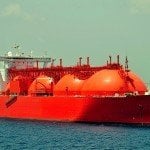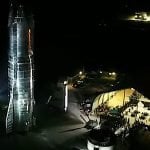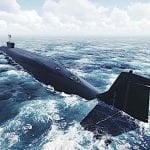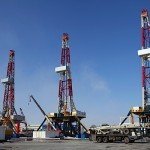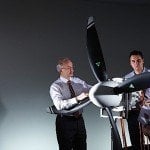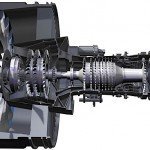The announcement from Air Canada and Premier Aviation Overhaul Centre that they have finalized a five-year contract for airframe heavy maintenance support on Air Canada’s fleet of forty-five Embraer E-190 aircraft is the latest good news for the industry, still recovering from the setback of the Aveos collapse two years ago.
Premier now performs “B” checks, or long overhaul, according to a statement from the two companies. Premier is a full-service MRO provider, including paint services, operating from the Trois-Rivieres airport in Quebec. It also has facilities in Windsor, Ontario and Rome, New York.
The collapse of Aveos Fleet Performance in 2012, the maintenance, repair and overhaul (MRO) company founded by Air Canada as its in-house maintenance division, threw 2,800 mainly skilled employees out of work and seemed a catastrophic blow to Canada’s MRO industry. But the industry, by most accounts, has not languished. A recent WINGS magazine discussion of MRO in Canada reported that the industry has been doing very well. The president of one MRO company, Kitchener Aero Avionics, went so far as to say that his company was “setting records and breaking them,” and that business was “stunning.” In fact one of the limits he and others in the industry see is a shortage of skilled workers to take advantage of all the opportunities that there are.
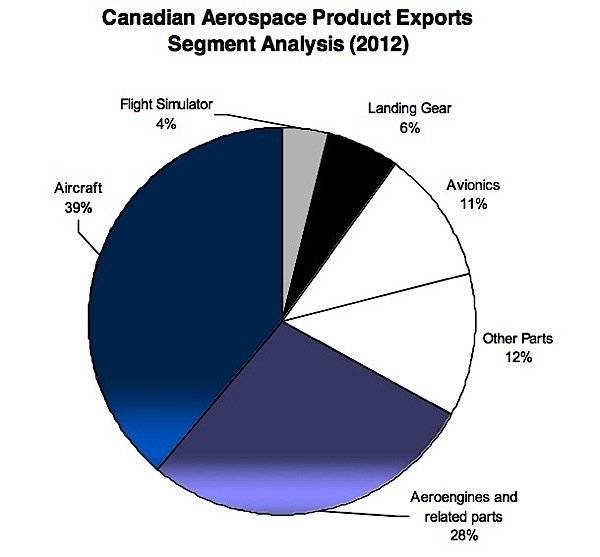
It has been reported that of the 2.800 laid-off Aveos workers, about 40 per cent had found work in the industry at companies such as Bombardier, Rolls Royce Canada and Innotech Aviation. As for the remaining 60 per cent who had not found work, industry insiders are optimistic that they will “get picked up” as time passes. The director of the Canadian Council for Aviation and Aerospace (CCAA), Robert Donald, told WINGS that his organization continues to receive inquiries about workers from MRO companies across the country.
The MRO industry is considered a Canadian strength, according to the Aerospace Industries Association of Canada (AIAC). There are more than 1,100 certified aircraft maintenance organizations (AMO) in Canada, collectively generating more than $3 billion in annual revenues. Approximately 17,000 skilled workers are employed in the industry.
According to AIAC, Canada has the second largest fleet of civil helicopters in the world. This has led to the development of service capabilities for most models of helicopters in use in North America and Europe. Canadian MRO firms also have expertise with Boeing 737, DeHavilland Dash 8, and Bombardier regional jets.


